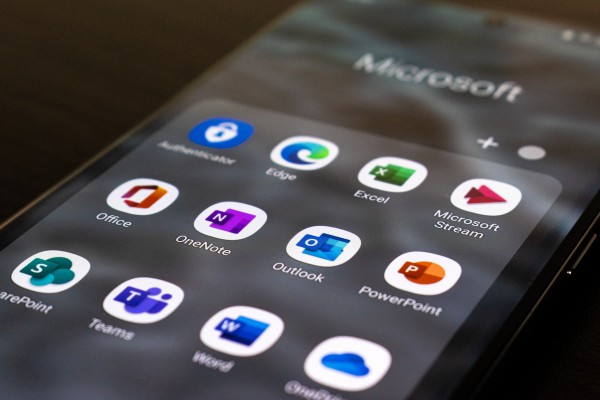Canalys Research: at least 240 million Windows 10 PCs can't be upgraded
Windows 10, the most used desktop operating system, runs out of support in October 2025. Estimates see it installed on a billion devices.
A report by Canalys Research claims that at least 240 million of devices that run Windows 10 can't be upgraded to Windows 11 or future Windows versions.
Windows PCs could always be upgraded to the next version of the operating system. This changed with the release of Windows 11. Microsoft tightened the system requirements to shed ballast, but it also meant that millions of Windows users could not upgrade their devices to Windows 11 using Windows Update or installation media.
While there are ways to bypass the requirements check to install Windows 11 on unsupported devices, it is something that Microsoft discourages.
Come October 2025, Windows 10's end of support month, millions of devices will be left without support. Devices compatible with Windows 11 will likely be upgraded forcefully to the new operating system.
Those not compatible may join ESU, Extended Security updates, for additional years of support. Microsoft announced that Windows 10 ESU will become available for consumers for the first time earlier this year. Microsoft has yet to announce specifics, including price.
240 million devices in a cul-de-sac
A recent analysis by Canalys Research suggests that at least 240 million Windows 10 devices are not upgradable to Windows 11. Canalys, known for its technology market analyses, estimates that this has the potential of creating 480 million kilograms of electronic waste.
Not all Windows 10 PCs will be thrown in the trash the moment the operating system runs out of support. Besides the option to extend support using ESU, there are other options that users of such PCs have.
- 0Patch, a third-party company specialized in creating security updates for software products, will add Windows 10 to its growing list of supported systems. This comes at a cost of about $25 per year.
- Using bypasses to install ESU updates. This was possible in the past, and it will likely also be an option for Windows 10 ESU.
- Installing Windows 11 using bypasses. Tools like Rufus make this a an easy and painless process.
- Making the switch to Linux.
A number of devices will also continue to be used after support. This is not recommended in many instances, as security issues will make them as holey as Swiss cheese in regards to security issues.
Closing Words
Microsoft's decision to change Windows 11 system requirements imposes an artificial restriction on the operating system. Many Windows 10 devices not considered compatible with Windows 11 run fine on Windows 11. While the system runs better performance-wise on systems with newer processors, faster hard drives, more RAM and more expensive graphics cards, it has always been the case this way.
Now You: do you run Windows 10? What will you do in 2025? (via Reuters)
RECOMMENDED NEWS

Microsoft Copilot app for Android released; here's how it works
Microsoft has released a Copilot app for Android devices. We take a closer look at how the new A.I....

Microsoft reopens Windows 10 Beta channel to "test new features"
Microsoft has reopened the Windows 10 Beta channel this week to test new features before they roll ...

Apple considered removing the charging port from iPhone 17 Air
Apple's upcoming iPhone 17 Air is generating buzz with its promise of advanced features reminiscent...

Windows 11 update creates mysterious inetpub folder
Microsoft released security updates for Windows 11 and other company products earlier this week. If...

Windows 11: official Maps app is dead, but there are options
Microsoft created several new applications for the launch of its Windows 10 operating system almost...

Gears of War: Reloaded to launch on August 26, for PC, Xbox and PlayStation 5
Microsoft has announced a remaster of the first game in the Gears of War franchise. The game has be...
Comments on "Canalys Research: at least 240 million Windows 10 PCs can't be upgraded" :